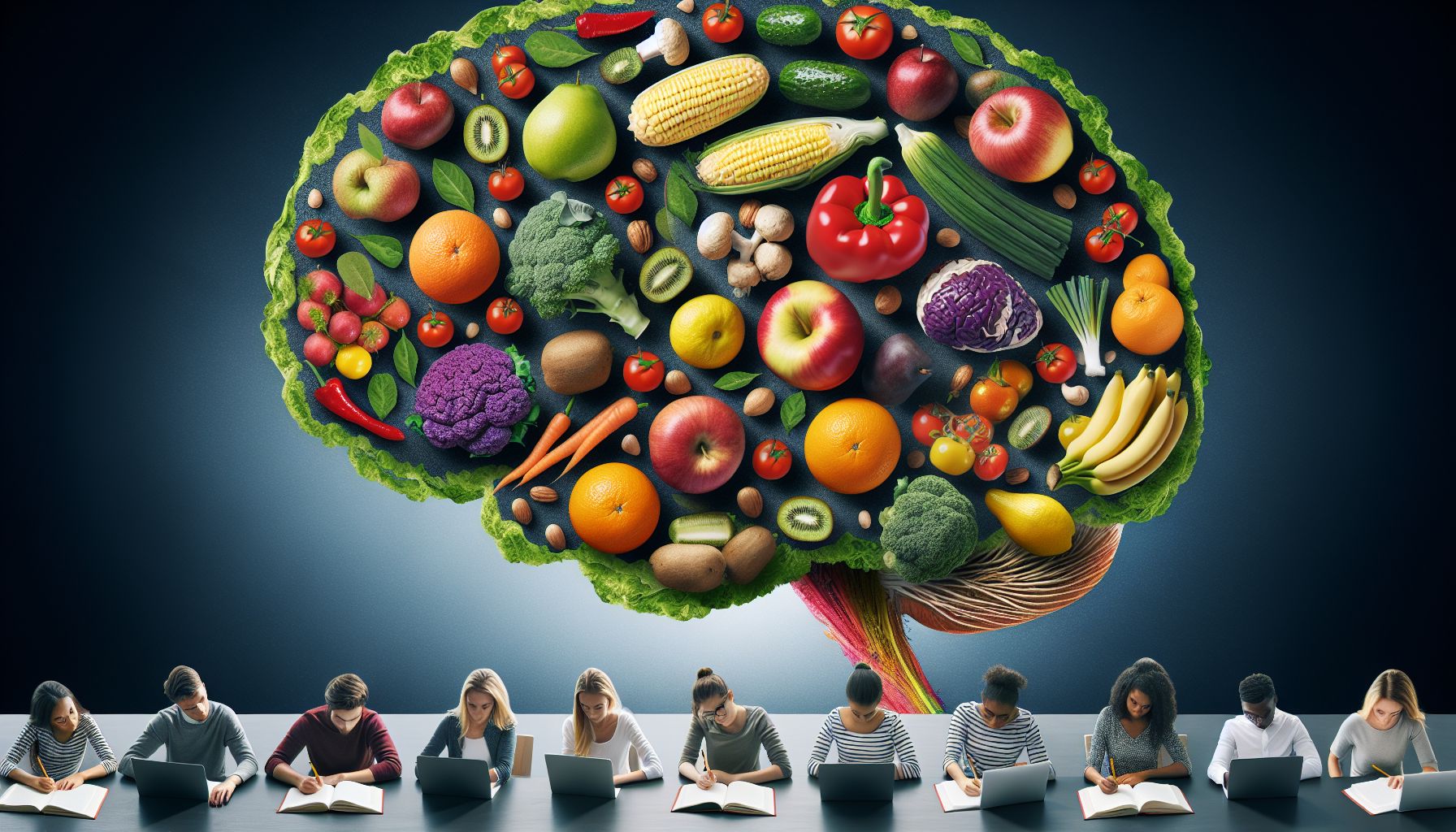From the humble lunchbox in a kindergarten class to the bustling cafeteria in a high school, food plays an integral role in every student’s life. It fuels minds, fuels bodies, and – when entwined with education – can fuel a lifelong love for healthy eating. But are we adequately cognizant of the potential for food education in contemporary schools? Are we sowing the seeds for nutritional understanding or are we missing critical opportunities to cultivate food literacy among the future generations?
Why Food Education Matters
Food education is not merely about mastering the ability to follow a recipe or identifying the food groups on the nutrition plate. It is about learning the rippling ramifications of our food choices, both on our health and the planet. It’s about perceiving the interconnectedness of environment, diet, and wellness.
Research continues to underscore how dietary habits influence our physical health. A study published in The Lancet revealed that poor diet accounted for 11 million preventable deaths globally in 2017, superseding smoking as the prime risk factor for mortality.
Yet, the consequences of our dietary choices stretch far beyond our bodies. The foods we eat, the way we produce them, and how we dispose of them can have profound impacts on our environment. According to a report by the World Resources Institute, 25% of global greenhouse gas emissions stem from food production.
The Role of Schools in Promoting Food Literacy
Schools are ideal settings for food education. By integrating nutrition and food systems education into the curricula, schools can equip students with vital knowledge that influences their diet choices and their relationship with food.
It’s not about imposing strict dietary rules, but about nurturing informed students who can make healthful decisions independently. It’s about connecting the dots between what they eat, how they feel, and how their food choices can affect the world around them.
Around the world, there are encouraging signs of transformative food education. In Japan, students learn about food cultivation, prepare their meals and even engage in compost activities. Italian students revel in classes that encompass food history, culture, and practical cooking skills.
A Call to Action
However, we need a universal push for food education. Policymakers and educators need to recognize the urgency of embedding food literacy into mainstream education.
Whether it’s a simple lesson about fruits and vegetables, a class trip to a local farm, or a comprehensive course on sustainable food systems, every step makes a difference. Each effort contributes to the creation of a future generation armed with the knowledge to make informed food choices, leading to healthier lives and a healthier planet.
Food shapes our bodies, our minds, and our world in more ways than we often acknowledge. As we rethink education in this changing world, let’s ensure that food education is on the menu, fostering a healthier, more sustainable future for all. We owe it to the students today and the generations of tomorrow.

